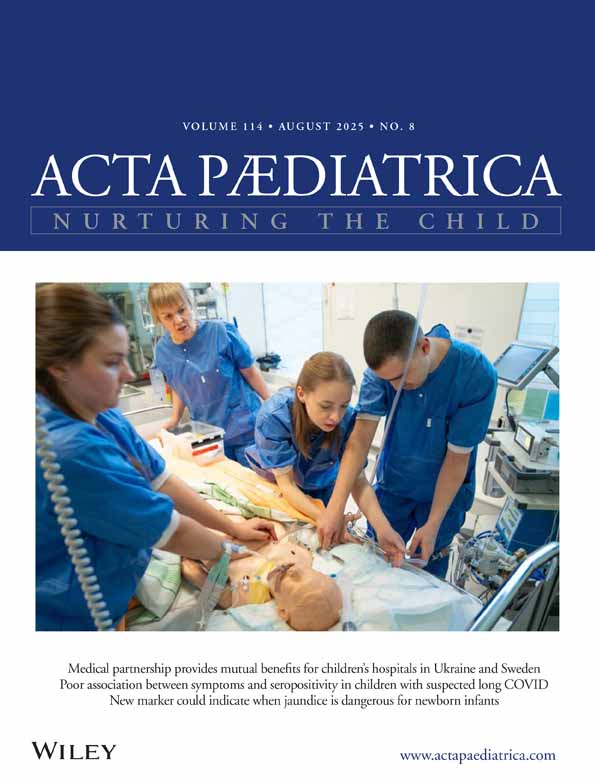NOCTURNAL ENURESIS IN A LONGITUDINAL PERSPECTIVE
A Primary Problem of Maturity and/or a Secondary Environmental Reaction?
Abstract
ABSTRACT. Klackenberg, G. (Clinic for the Study of Development and Health in Children, Department of Paediatrics, Karolinska Hospital, Stockholm, Sweden). Nocturnal enuresis in a longitudinal perspective. A primary problem of maturity and/or a secondary environmental reaction? Acta Paediatr Scand, 70:453,.–The study is part of a prospective longitudinal investigation, involving annual somatic, psychological and social check-ups in a random sample of 212 children. Data are presented on the gradual achievement of bladder control, with relapses into wetting. Information is provided on relationships with training, with behavioural variables, with emotional maturity (Rorschach) and with sleep. It seems probable that primary enuresis usually ceases by the age of 8 at the latest and that enuresis in older children is a secondary emotional disorder which may, however, have started at an earlier age. The 6-year-old enuretic shows signs of delayed emotional maturity. The relation with somnambulism is ambiguous. Enuresis is not significantly related to training. None of the data obtained in this study conflict with the theory that primary enuresis is chiefly a maturity problem, the nature of which can be emotional. The neurophysiological aspect has not been investigated.




